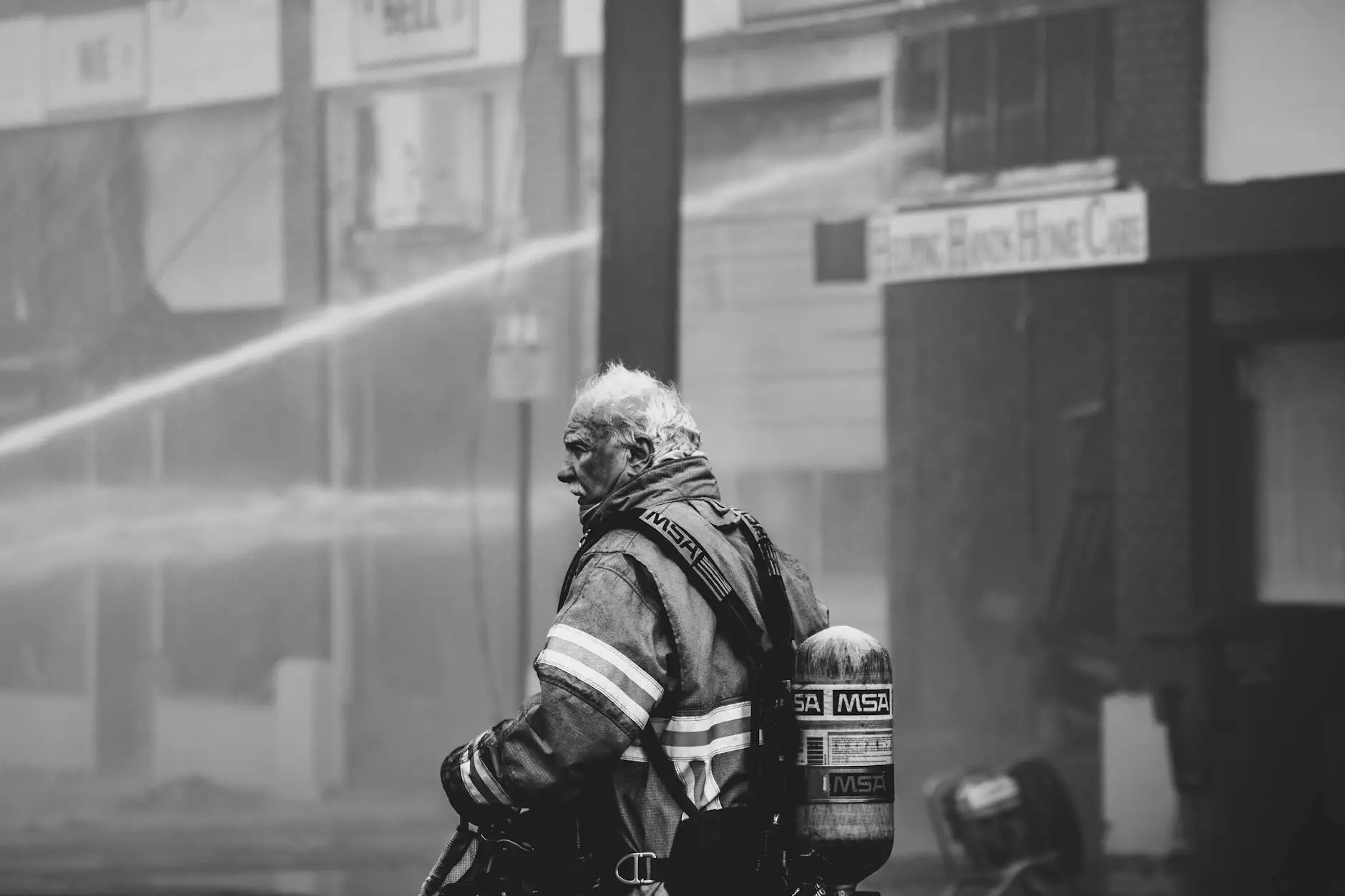The Importance of Effective Firefighter Communication in Emergency Situations

When it comes to handling emergencies, the language used in firefighter communication is of utmost importance. The effectiveness of communication within firefighting teams can make a significant difference in the outcome of critical situations. In this article, we explore the vital role clear and concise communication plays in successful firefighting operations.
Clear and Concise Communication Saves Lives
Firefighters often face high-stress situations where quick decisions and coordinated actions are crucial. Clear communication using codes, technical terms, and precise instructions is essential for ensuring the safety of firefighters and the people they are rescuing.
The Role of Codes in Firefighter Communication
Firefighting codes are standardized sets of signals that convey specific meanings. These codes are designed to be concise and universally understood, allowing for rapid communication in emergency situations. By utilizing codes, firefighters can relay essential information efficiently, reducing response times and improving overall effectiveness.
Technical Terms Enhance Coordination
Firefighting operations involve intricate procedures and specialized equipment. The use of technical terms in communication ensures that all team members are on the same page regarding tactics, tools, and strategies. Clarity in language minimizes confusion and enhances coordination, leading to more efficient and successful operations.
Instructions for Effective Coordination
Instructions communicated during firefighting operations are direct and actionable. Firefighters rely on clear directives to carry out their duties safely and effectively. Whether deploying resources, implementing strategies, or executing rescue operations, precise instructions are the cornerstone of successful coordination among team members.
Enhancing Safety Through Effective Communication
Effective communication is not only vital for operational success but also crucial for ensuring the safety of firefighters and the community. By fostering a culture of clear and concise communication, firefighting teams can minimize risks, prevent accidents, and protect lives and property.
Training and Practice for Communication Excellence
Firefighters undergo rigorous training to master communication techniques tailored to emergency situations. Regular drills and simulations help teams sharpen their communication skills, allowing them to respond swiftly and decisively when faced with real-life emergencies.
The Impact of Communication on Mission Success
Every successful firefighting operation is built on a foundation of effective communication. The ability to convey critical information accurately and efficiently can mean the difference between containment and escalation of emergencies. Firefighter communication is a lifeline that connects teams, enabling them to work seamlessly towards a common goal – saving lives and protecting property.
Conclusion
In conclusion, the language used in firefighter communication is not merely a means of exchanging words – it is a lifeline that sustains the safety and success of firefighting operations. By prioritizing clear, concise, and focused communication, firefighting teams can navigate through crises with precision and unity, ultimately safeguarding lives and communities.









